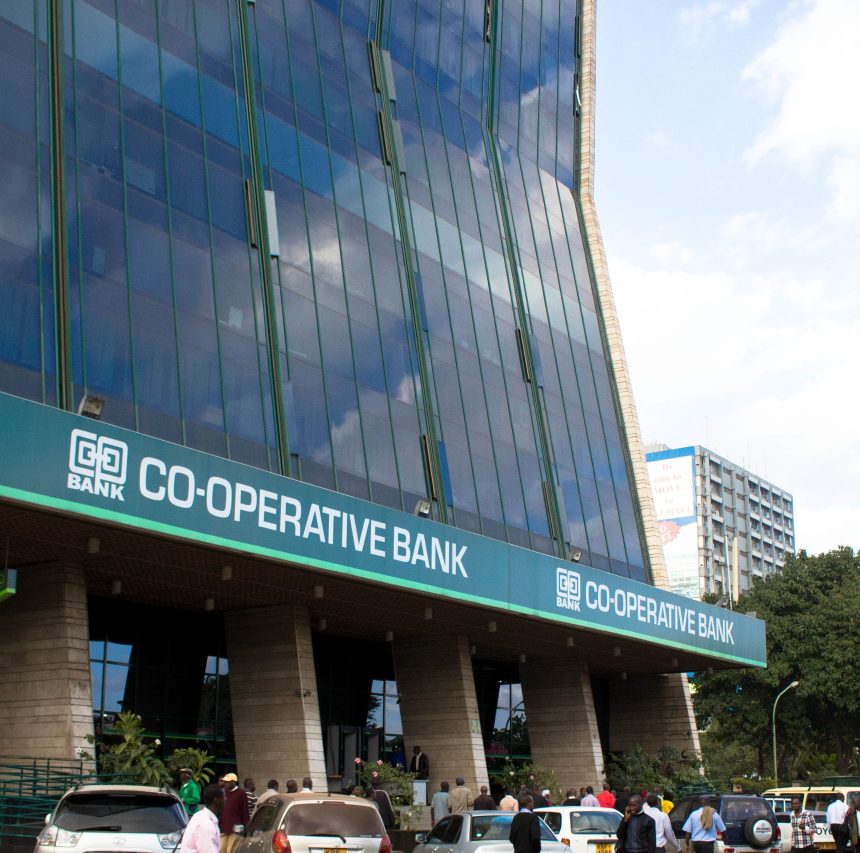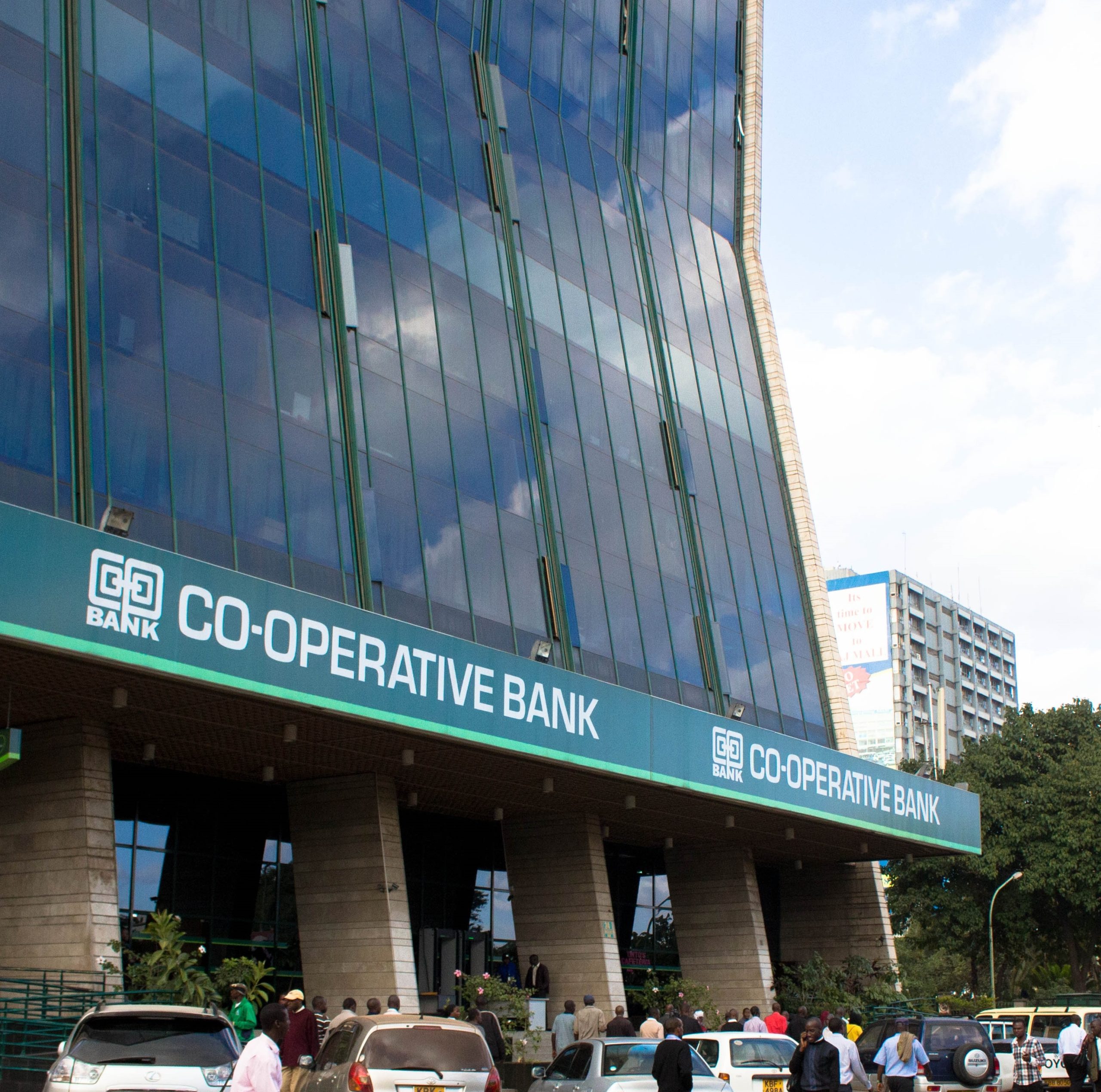Co-operative Bank of Kenya’s total capital has crossed the Sh100 billion mark on the back of retained earnings and attracting long-term funding from development partners, including DEG.
The lender’s financial statements for the half year ended June 2023 show that total capital rose by 32.6 percent to Sh122.25 billion from Sh92.22 billion in the previous similar period, strengthening its ability to step up lending.
This marked the first time the Nairobi Securities Exchange-listed bank breached the Sh100 billion capital mark as the supplementary capital, also called tier II capital, nearly quadrupled from Sh6.54 billion to Sh23.93 billion.
Co-op Bank dividend retention ratio— the percentage of net income retained to grow the business rather than being paid out as dividends—has averaged 57 percent for the past five years.
“This [retention ratio] directly increases our capital in the form of retained earnings that is now at Sh10.8 billion,” the bank told the Business Daily.
The increased capital helped boost the capital adequacy ratio—a measure of the minimum capital a bank must have in line with the risk profile of its lending activities—from 16.6 percent to 20.5 percent. The allowed minimum is 14.5 percent.
The capital growth was also supported by long-term borrowings that took total borrowed funds to Sh59.4 billion at the end of the review period compared with Sh41.4 billion in June last year.
“External borrowing has given us a capital boost by qualifying as tier II capital. For a facility to qualify as tier II capital, the principal amount is paid after five years moratorium,” said Co-op Bank.
A significant part of the Sh18 billion jump in borrowed funds was from a DEG-led consortium of financial institutions that in April gave Co-op $100 million (Sh14.4 billion) for on-lending to micro, small and medium-sized enterprises.
Co-op received the $100 million as a seven-year tier II facility where DEG, a Germany-headquartered development finance institution and a subsidiary of KfW, acted as a lender, mandated lead arranger and facility agent.
Other financiers in the consortium included the Africa Agriculture & Trade Investment Fund, micro-small medium enterprises bonds and European development finance institutions, namely Finnfund, Norfund and the co-financing facility European Financing Partners.
The DEG-led funding added to the $75 million (Sh10.8 billion) syndicated facility that Co-op received earlier from International Finance Corporation, Eco-Business Fund and SwedFund.
Other long-term financiers of Co-op have been the European Investment Bank East Africa, AFD Microfinance and Kenya Mortgage Refinance Company.




